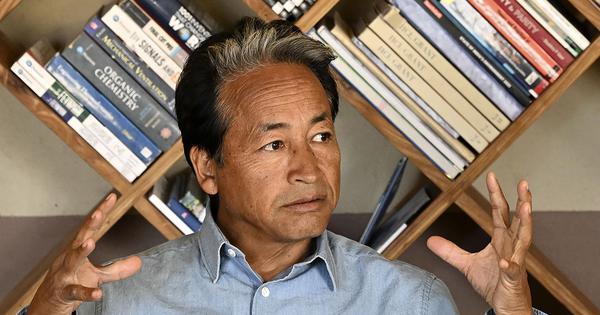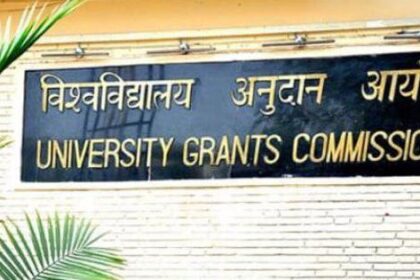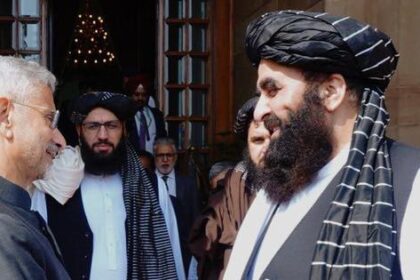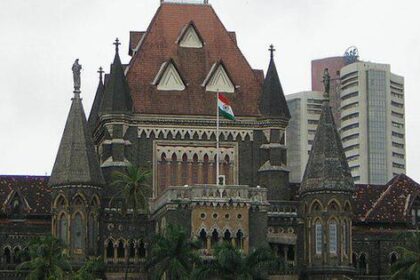Wangchuk’s detention occurs amid escalating tensions and demands for constitutional protections in Ladakh.
Sonam Wangchuk, the prominent activist advocating for statehood in Ladakh, was arrested on Friday in Leh, just two days after violent protests erupted, resulting in the deaths of four individuals due to police firing. According to reports from PTI, Wangchuk was taken into custody by a police team led by Ladakh’s Director General of Police, SD Singh Jamwal, at approximately 2:30 PM. This arrest came just before he was scheduled to hold a press conference, as noted by the Hindustan Times.
The protests that led to the recent violence were fueled by demands for Ladakh’s statehood and its inclusion in the Sixth Schedule of the Constitution. During these demonstrations, tensions escalated as protesters clashed with law enforcement, throwing stones and setting fire to a Bharatiya Janata Party office along with a police vehicle. The Sixth Schedule aims to provide constitutional protections and autonomy for designated tribal areas, and with over 97% of Ladakh’s population belonging to Scheduled Tribes, many residents are increasingly concerned about their rights and livelihoods.
Wangchuk has been at the forefront of these demands, initiating a 35-day hunger strike beginning on September 10 to advocate for constitutional safeguards for Ladakh. His activism included a previous 21-day hunger strike, timed to precede the upcoming 2024 Lok Sabha elections. Following the violence on Wednesday, he called off his hunger strike, emphasizing the need for restraint and condemning violence as counterproductive. He expressed concern over the government’s narrative, which claimed his statements had incited the unrest.
On Thursday, in an interview with The Hindu, Wangchuk stated that he was not intimidated by the prospect of arrest but accused the authorities of using him as a scapegoat. He criticized their handling of the situation as “childish,” asserting that their actions would not heal the community’s wounds but instead aggravate tensions among the youth. Wangchuk lamented the long-standing issues facing the region, pointing to six years of joblessness and unfulfilled promises from the government.
The backdrop to these events dates back to August 5, 2019, when the Bharatiya Janata Party-led Union government revoked the special status of Jammu and Kashmir under Article 370, subsequently splitting the state into the Union Territories of Jammu and Kashmir and Ladakh. This decision, coupled with the absence of a legislative assembly in Ladakh, has heightened insecurities among the populace regarding their land, resources, and cultural identity. As fears grow about the preservation of their environment and heritage, civil society groups are increasingly vocal about the need for Ladakh to be included in the Sixth Schedule.
The inclusion in the Sixth Schedule would empower local communities through the establishment of autonomous councils to manage land, health, and agriculture. Currently, such councils operate in four northeastern states: Assam, Meghalaya, Tripura, and Mizoram. Additionally, in June, the Union government introduced an ordinance amending the reservation policy for Ladakh, reserving 85% of jobs and educational admissions for local residents. However, civil society representatives argue that this ordinance merely scratches the surface, leaving crucial issues regarding statehood and constitutional protections unresolved.








